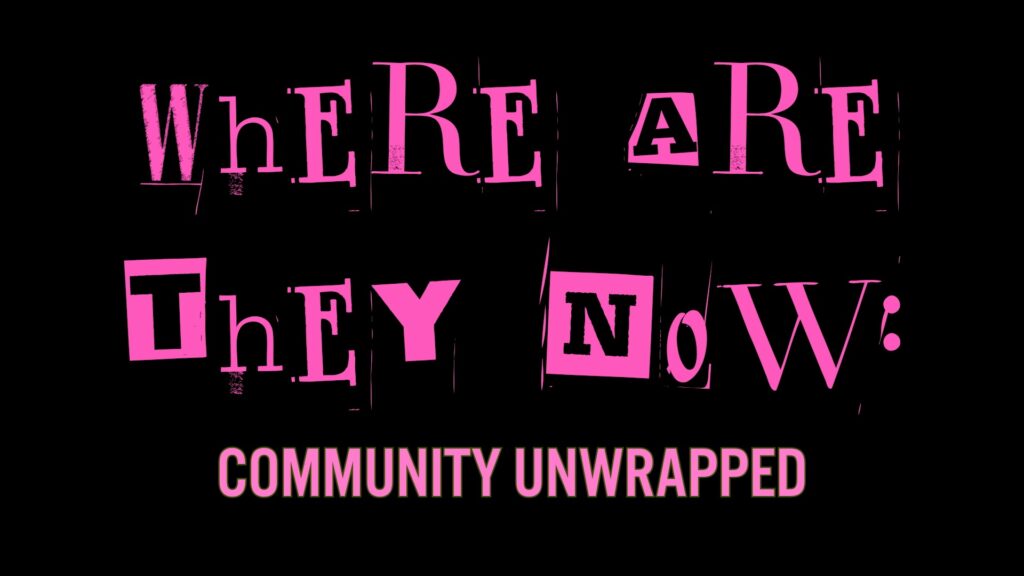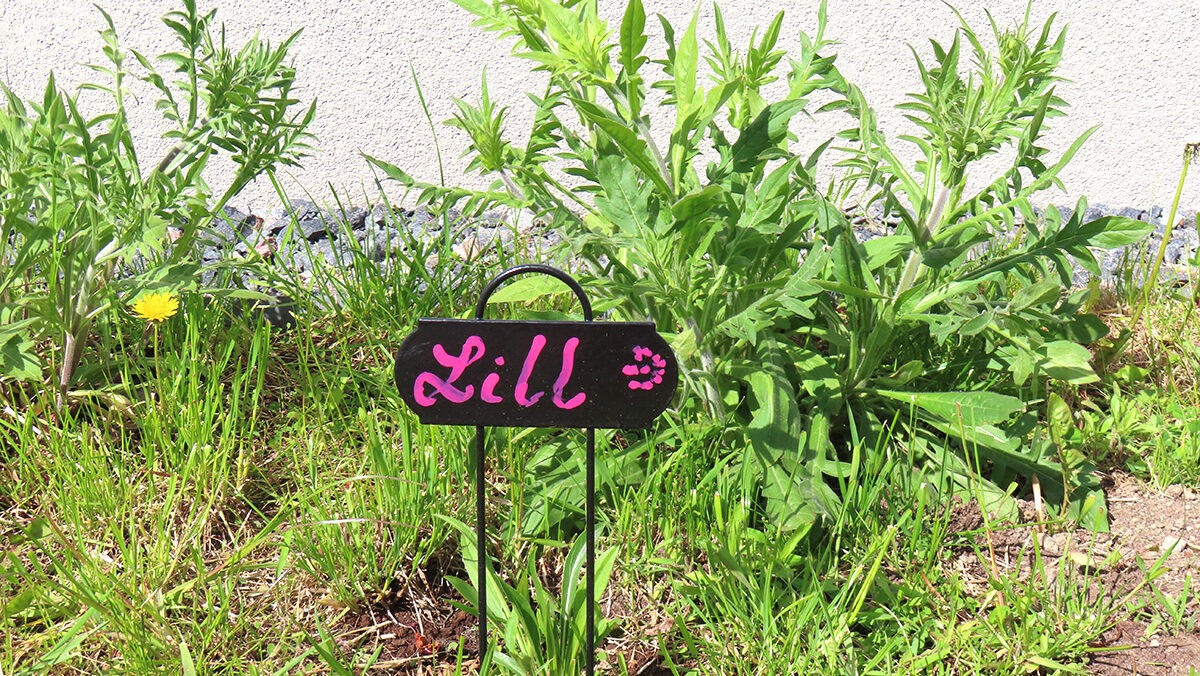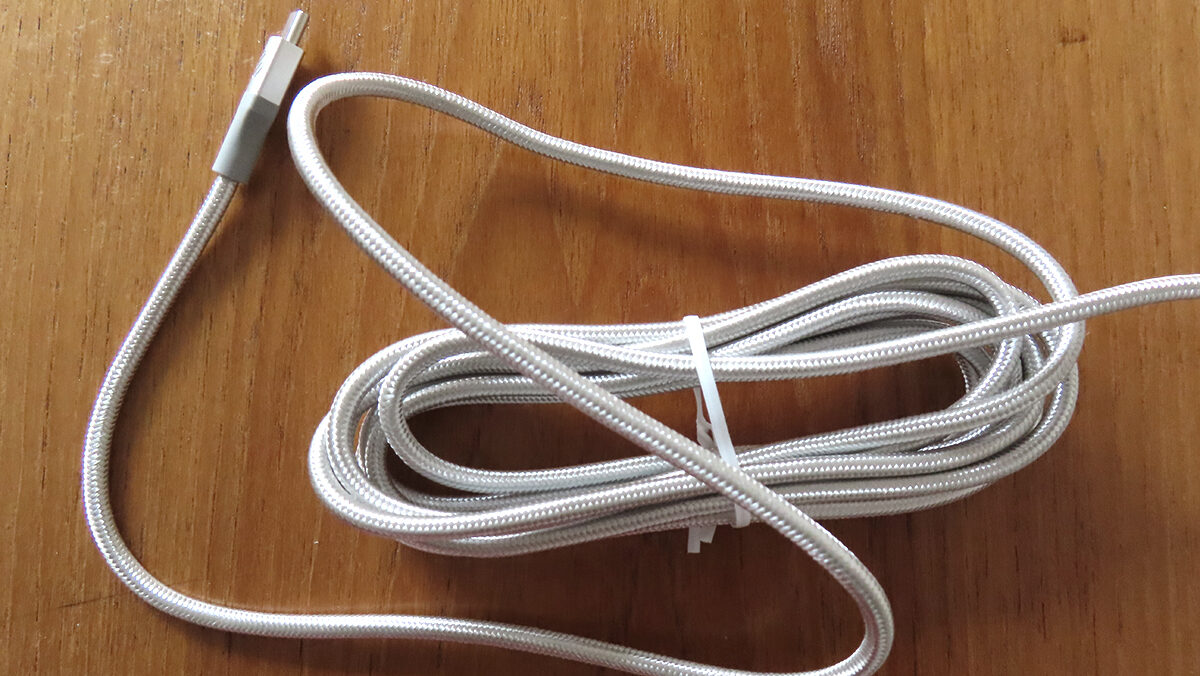Either way, have you ever wondered what kind of work goes into making a YouTube video? From writing scripts to filming and post-production, it certainly requires hard work.

In this edition of Community Unwrapped: Where Are They Now, we speak to Toronto-Estonian Aleks Meiusi, who grew up in the city participating in the Estonian community and now works as a professional YouTube video editor.
Aleks — whose video-editing skills are self-taught, having made videos since he was in middle school — always had an admiration for the platform. “My favourite part about my job is that I get to work in the industry I’m super passionate about,” he said. “Growing up, I wasn’t a big movie or TV guy — I just really liked watching YouTube videos. I have a great love for making videos that people enjoy watching,” he added.
“I commented under some YouTuber’s posts on Twitter asking for a job. They looked at my portfolio and some of the videos I’ve made, and they took me on.”
(Aleks Meiusi)
After completing his studies at Toronto Metropolitan University, Aleks decided to pursue his passion for YouTube as a career, landing a job in the most peculiar of circumstances: “I commented under some YouTuber’s posts on Twitter asking for a job. They looked at my portfolio and some of the videos I’ve made, and they took me on. Once you get one foot in the door, the other connections start coming in, since everyone in the industry kind of knows each other,” he said.
In addition to doing work on the side for various creators, Aleks mainly edits videos for YouTube gamer Typical Gamer, who, at the time of writing, boasts about 14.5 million subscribers.
In Aleks’ view, a career in YouTube differs from that in the film industry due to its relative accessibility.
“The barrier to entry to working on YouTube is nothing,” he said. “You upload a video for free, which people watch for free. If you’re making a movie or TV show, however, you have to spend a lot more money selling the concept to various streaming services before your stuff actually gets out there. So, if you want to get something done and have as many eyes on it as possible, YouTube is great,” he added.
But one may wonder if this accessibility negates the overall quality of content posted on YouTube. “Sure, the platform can be oversaturated sometimes with low-quality stuff. But that in and of itself almost forces you to make better content. Say, for example, you’ve paid for a Netflix subscription. It’s expected that you watch movies in their entirety so you can get your money’s worth. Since YouTube is free, however, you can click away as soon as you aren’t enjoying the video. There’s no financial obligation to continue watching. This means that creators are forced to make higher quality content that hooks viewers in, ensuring they watch the whole video.
…the biggest challenge for creators isn’t just getting people to click on a video, but to watch it in its entirety.
But this can be a double-edged sword. Aleks said that “YouTube’s algorithm ranks certain videos according to their engagement. Videos with higher average view duration — which refers to how long people stay on a video before they click away — are promoted more than videos with less engagement,” meaning that the biggest challenge for creators isn’t just getting people to click on a video, but to watch it in its entirety.
In a platform flooded with content, it can be hard for smaller creators to stand out—but it’s not impossible.
“Find a YouTuber whose videos you really enjoy watching and try to analyze what makes them so special. Try to understand their creative decisions: why did they edit it that way? Why did they structure their script in that format? Eventually, you will be able to emulate those yourself in a way that's unique to you.”
Quotes have been edited for clarity.
This article and video were created by Natalie Jenkins as part of the Local Journalism Initiative.



